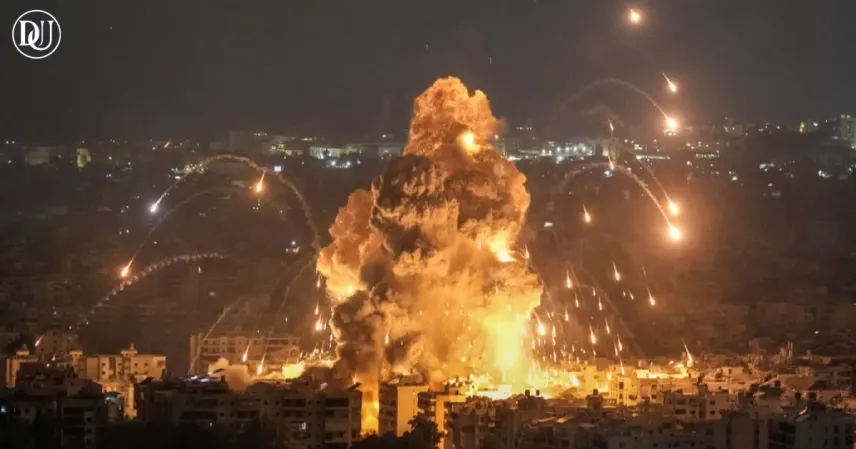Amid rising tensions in the Middle East, discussions have intensified around whether Israel attacks Iran are imminent. Israel has increased its threats following reports of Iran's continued nuclear activity and regional aggression. While no military action has yet taken place, the international community is closely watching developments.
Israel’s rhetoric has grown sharper, especially in light of Iran's alleged advancements in uranium enrichment and its support for proxy groups in Lebanon, Syria, and Yemen. Israeli officials have stated they will not allow Iran to obtain a nuclear weapon, raising global concerns over potential preemptive action.
U.S. Involvement: A Critical Factor
While Israel remains vocal about taking independent military action, most experts agree that significant strikes—especially ones targeting nuclear infrastructure—would likely require at least U.S. approval or coordination. Despite ongoing U.S.-Israeli military cooperation, the Biden administration has remained cautious, aiming to de-escalate rather than provoke further conflict.
A strike by Israel without U.S. backing could strain their alliance and cause unpredictable fallout across the Middle East. For now, both countries appear to be leveraging diplomatic pressure while preparing contingency plans.
Iran’s Response and Readiness
Iran has repeatedly warned of severe retaliation should it be attacked. Iranian leadership considers any aggression from Israel an act of war and has signaled it would respond not just militarily but also via its allies across the region. Tehran has bolstered its defenses and continues to build alliances that would allow a multi-front retaliation in case Israel attacks Iran.
Iran’s recent missile tests and war games appear to signal both readiness and resolve. Its network of proxy groups could also act swiftly, triggering a larger conflict beyond a bilateral war.
Is an Attack Inevitable or Just Political Posturing?
Many international observers believe that much of Israel’s aggressive language could be aimed at diplomatic leverage rather than actual plans to launch a strike. Past threats have often been used to pressure Iran in nuclear talks or to secure Western support for stricter sanctions.
Still, the risk of miscalculation or a sudden escalation cannot be ruled out. History has shown that a single act or retaliation can rapidly spiral into open conflict. This keeps the question—israel attacks iran—at the forefront of regional diplomacy and global security discussions.
Global Reactions and Regional Impact
The possibility of Israel attacks Iran has sparked concern among world powers, including European nations, China, and Russia. Many warn that a direct confrontation could destabilize oil markets, impact shipping routes in the Gulf, and lead to humanitarian crises.
Arab neighbors, too, are caught in a delicate balance. While some Gulf states quietly support Israel’s stance against Iran, they also fear being caught in the crossfire should hostilities erupt.
As of now, the situation remains fluid. Both military and diplomatic tools are on the table, and the world watches with bated breath to see which direction the crisis will take.










